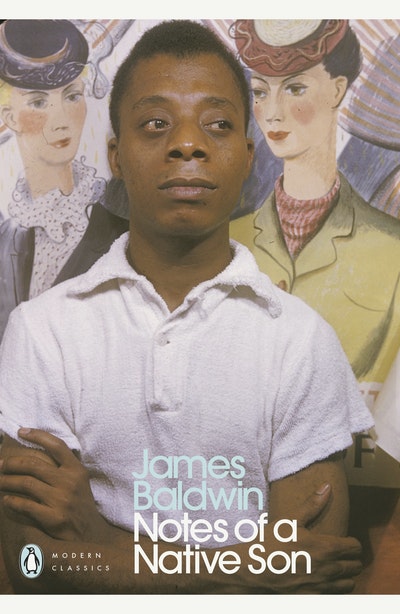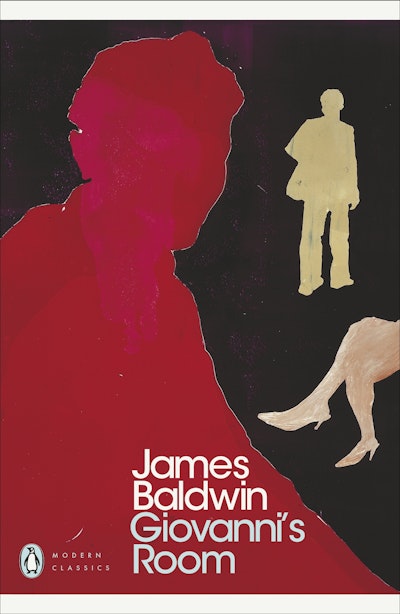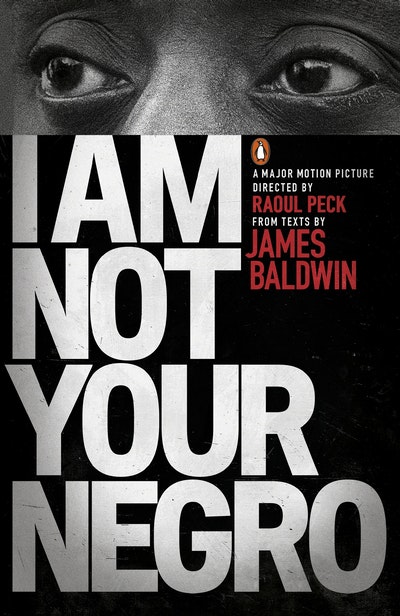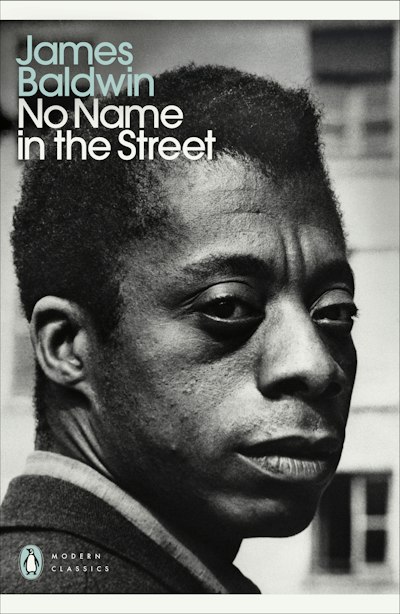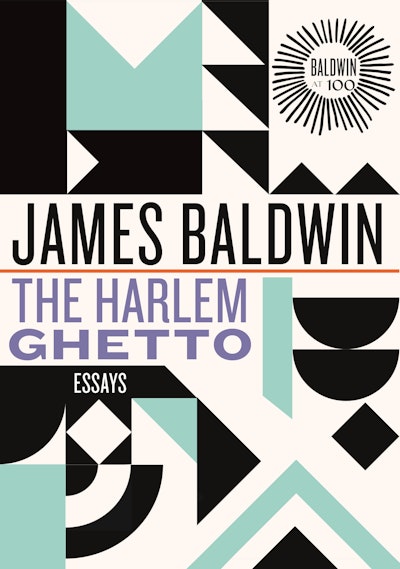- Published: 29 January 2018
- ISBN: 9780141987279
- Imprint: Penguin eBooks
- Format: EBook
- Pages: 208
Notes of a Native Son
- Published: 29 January 2018
- ISBN: 9780141987279
- Imprint: Penguin eBooks
- Format: EBook
- Pages: 208
Opens with a knock-out punch . . . the command of an audience and the rhetorical flourishes . . . are everywhere in his writing, but particularly in his essays, which contain a mix of registers from an intimate conversational tone to speechifying oratory
The Times
A straight-from-the-shoulder writer, writing about the troubled problems of this troubled earth with an illuminating intensity that should influence for the better all who ponder on the things books say
Langston Hughes, The New York Times
A classic . . . Take the words out of the 1950s, when they were published, and they could apply to the women in pink hats, the scientists, the Black Lives Matter activists, the climate-change believers and the LGBTQ-rights supporters who have flooded the streets of Washington this year
Washington Post
Edgy and provocative . . . entertainingly satirical
Robert McCrum, Guardian
A classic ... In a divided America, James Baldwin's fiery critiques reverberate anew
Washington Post
Cemented his reputation as a cultural seer ... Notes of a Native Son endures as his defining work, and his greatest
Time
